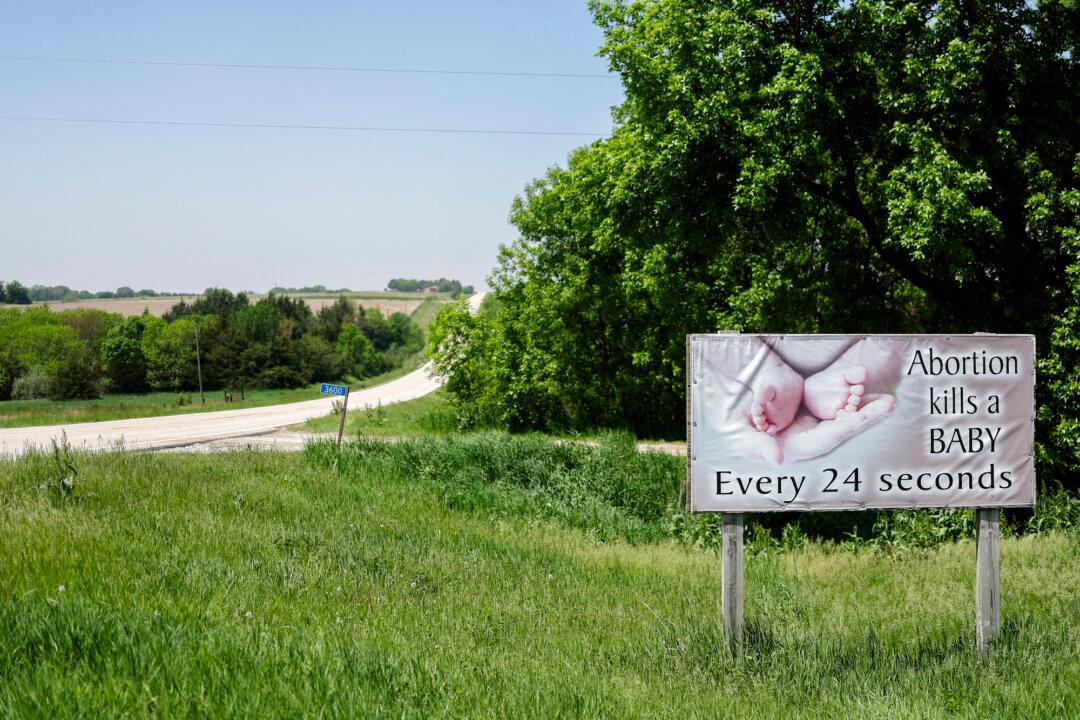The Nebraska Supreme Court has ruled that a law combining abortion restrictions with limits to gender-altering procedures for minors does not violate the state’s constitution, which requires bills to be confined to a single subject.
The state’s high court acknowledged in a split decision on July 26 that abortion and gender-altering care are “distinct types of medical care” but that the law, LB574, does not violate Nebraska’s single-subject rule because both abortion and transgender procedures fall under the subject of medical care.





